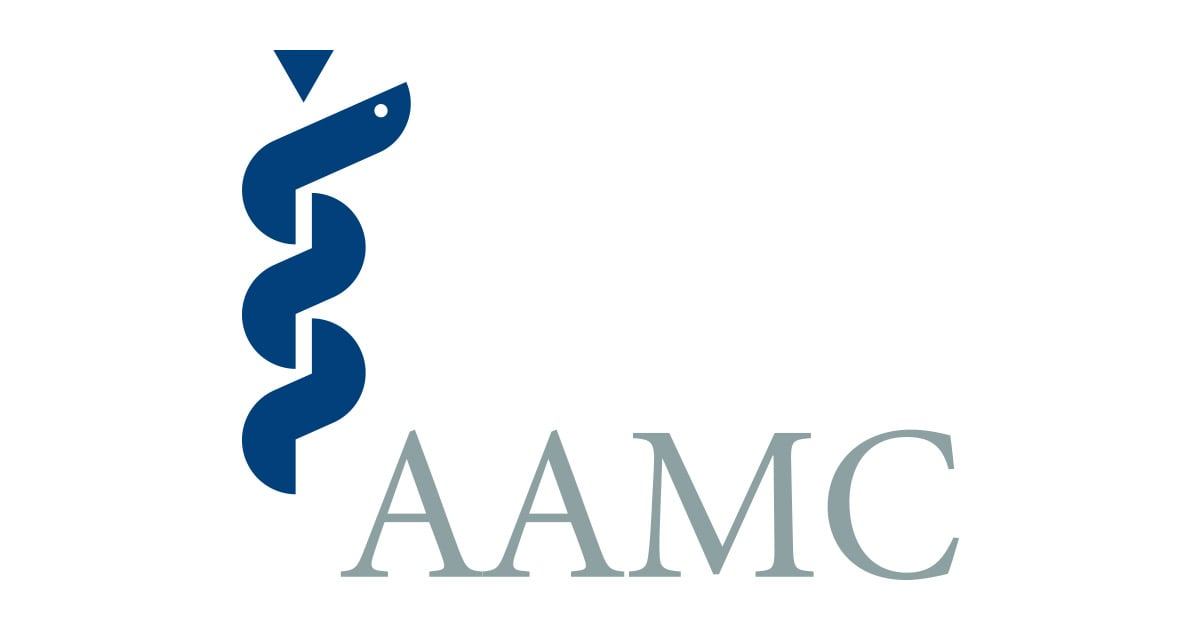- Joined
- May 9, 2015
- Messages
- 19
- Reaction score
- 8
Hello everybody, I will be applying to child psychiatry fellowships next year. Does prestige matter in terms of salary or job opportunities, or does particular strengths in a program impact my preparedness for certain niches in psychiatry? I'm still undecided in terms of what environments I want to practice in, but I've currently been thinking PHP/IOP or maybe outpatient (possibly part cash-only as well). I also have clinical interests that I'd like to be strong on, such as developmental disorders, eating disorders, and interventional psych. My and my partner's family are all located in big cities as well. I'm thinking about also staying at my home program (we have an internal match) but its strengths don't necessarily line up with my clinical interests. Furthermore, I'm thinking about leaving my current area and have no intention of staying at my current location/state after training. To maintain anonymity, I won't share my reasons why I would consider staying here for fellowship though I will say that I think it is a very reasonable rationale. Any input would be appreciated!

